Saudi Arabia announces formation of nuclear company, attacks Iran
Saudi Arabia's ambassador to the International Atomic Energy Agency (IAEA) says the oil-rich kingdom has established a national nuclear energy company, which would supposedly pursue commercial interests via participating and investing in projects and assets with a local and international economic viability.
Prince Abdullah bin Khalid bin Sultan said on Friday that the Saudi Nuclear Energy Holding Company (SNEHC) will participate in nuclear economic projects locally and internationally.
The company will also operate and develop nuclear facilities for the production of energy and desalinated water, map out a strategy for the development of human resources in the field of atomic energy, cooperate with international institutes for atomic energy research, and work towards creation of a national digital platform to build and attract human capabilities in the field of atomic energy.
Prince Abdullah told the IAEA Board of Governors that Saudi Arabia attaches paramount significance to nuclear safety.
Commotion about Bushehr nuclear power plant
Elsewhere in his remarks, the Saudi diplomat articulated false concerns about the safety of Bushehr nuclear power plant in southern Iran.
Prince Abdullah said Riyadh is worried as a result of what alleged as “the absence of reports and information regarding the safety of Bushehr reactor.”
He went on to claim that Iran is the only country that has a functioning nuclear power plant and “has not yet joined the Nuclear Safety Convention.”
Prince Abdullah also alleged that Iran had not cooperated with the IAEA on the inspection of some sites.
He called on Tehran to fully cooperate with the UN nuclear agency, and avoid what he termed the policy of delay and procrastination in answering the ongoing inquiries.
The Saudi official also demanded an agreement with stronger and longer limitations on Iran as representatives from the Islamic Republic and the remaining parties to the 2015 deal, officially known as the Joint Comprehensive Plan of Action (JCPOA), are engaged in negotiations in the Austrian capital of Vienna to revive the accord and remove sanctions on Tehran.
The Bushehr power plant started operating in 2011 and reached its full capacity the following year.
Iran and Russia signed a number of documents in November 2014, expanding cooperation in the field of peaceful use of atomic energy and opening the possibility of construction in Iran of up to eight power units.
Iran began building two more nuclear reactors in a joint project with Russia’s Rosatom energy firm in Bushehr in November 2017.
The country’s aim is to build nuclear power plants with 20,000-megawatt capacity to meet growing electricity demand, so it can save its hydrocarbons for export.
Back in August 2020, the Wall Street Journal newspaper, citing Western officials with knowledge of the matter, reported that Saudi Arabia had built a facility for the extraction of uranium yellowcake in a remote desert location near the northwestern small city of al-‘Ula.
The facility, which has not been publicly acknowledged, has raised concern that Saudi Arabia’s nascent nuclear program is moving ahead, and Riyadh is keeping open an option to develop nuclear weapons, according to the report.
Satellite images confirm yellow-cake facility in Saudi northwest desert
Satellite images confirm yellow-cake facility in Saudi northwest desert
A clandestine Saudi nuclear programme has been confirmed by satellite images showing a checkpoint, towering security fences, a big building about 150 feet on a side and pools for the collection of uranium waste; a typical blueprint for yellow-cake mills.
Yellowcake is processed from naturally occurring uranium ore and can be further enriched to create fuel for nuclear power plants and, at very high levels of enrichment, nuclear weapons.
Earlier, satellite images revealed that Saudi Arabia was pushing ahead to complete its first nuclear reactor.
The images have raised concern among arms control experts because the kingdom has yet to implement international monitoring rules.
Satellite photos showed the kingdom has built a roof over the facility before putting in place IAEA regulations that allow inspectors' early verification of the reactor’s design.
Foregoing on-the-ground monitoring until after the research reactor is completed would be an unusual move normally discouraged under regulations to ensure civilian atomic programs aren’t used to make weapons.
A US congressional committee issued a report in May 2019, warning the administration of then president Donald Trump was allowing US companies to offer Saudi Arabia nuclear technologies without first obtaining non-proliferation guarantees the know-how would not be used to eventually produce a weapon.
Government whistle-blowers had alerted the US House of Representatives in February 2019 that the Trump administration was bypassing Congress to green light future sales of nuclear technology to Saudi Arabia, without non-proliferation safeguards.
US-backed riots suffered 'humiliating' defeat in Iran: Yemeni leader
Pezeshkian: ‘Unholy rage’ fueled by Iran’s enemies after June defeat
Iran condemns Israeli demolition of UNRWA headquarters in occupied al-Quds
Denmark reasserts Greenland sovereignty as Trump claims ‘total access’
Iran’s political legitimacy comes from ballots and popular will, not foreign powers
VIDEO | Press TV's news headlines
VIDEO | The reckless US
Qalibaf: Recent unrest a 'complementary link' in 12-day war against Iran


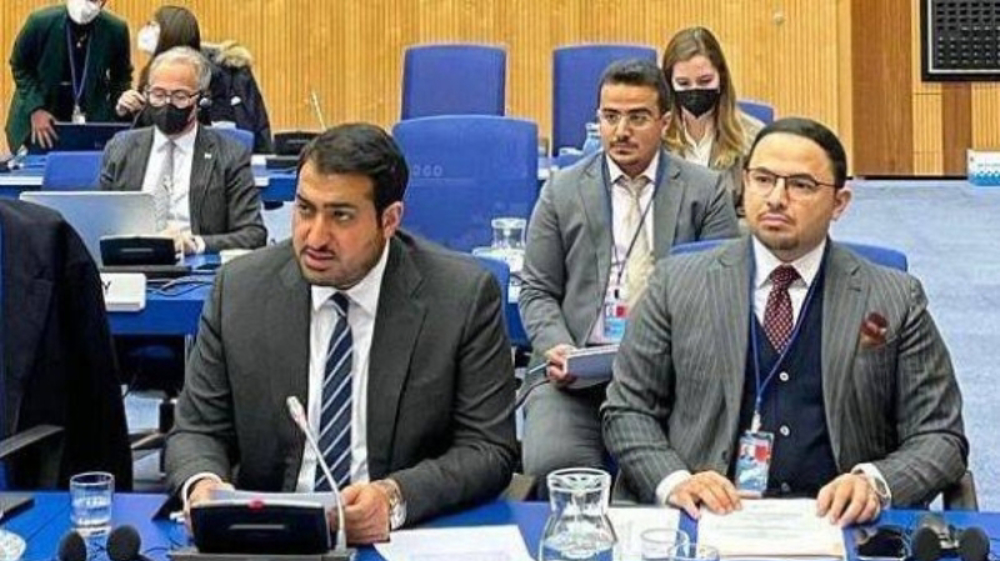
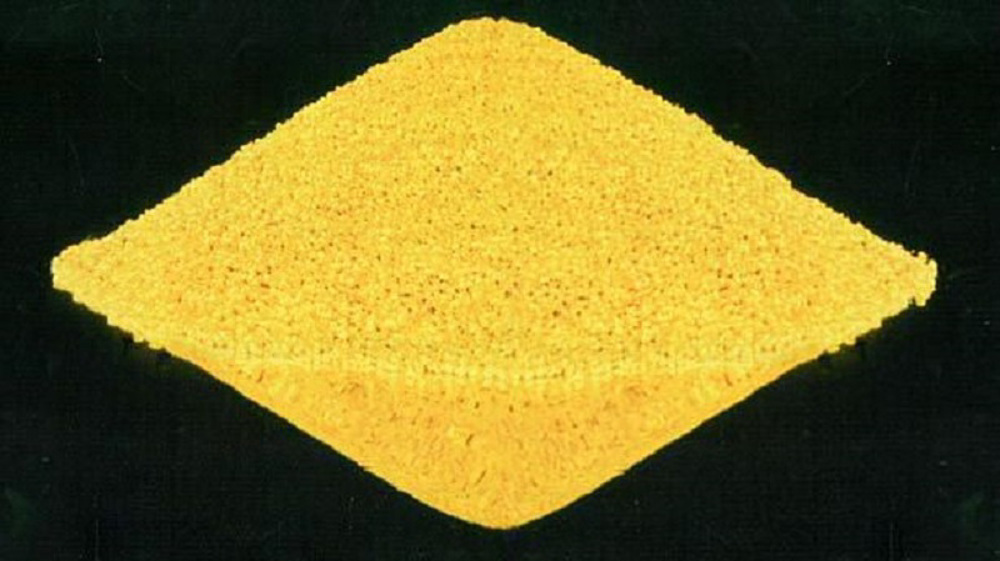
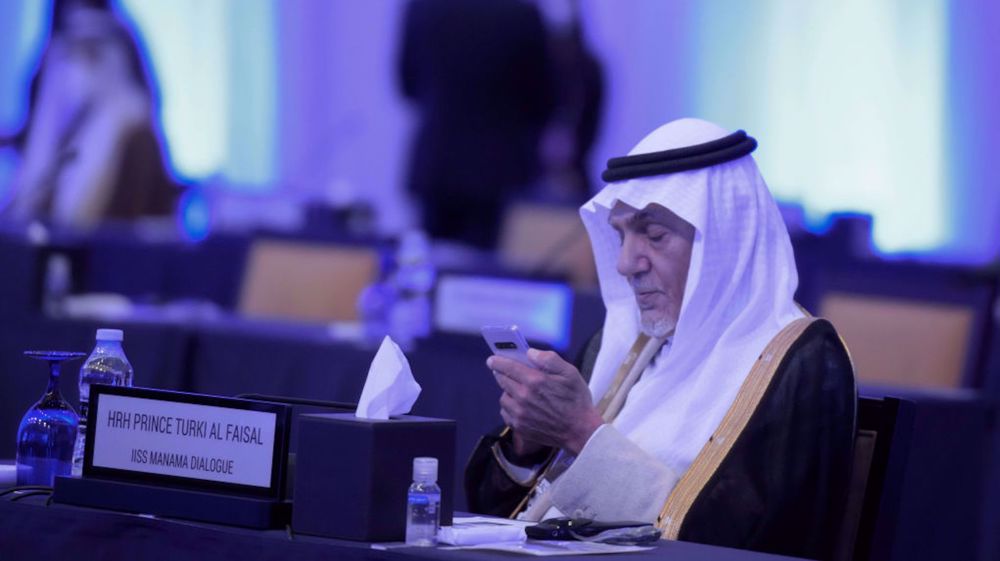
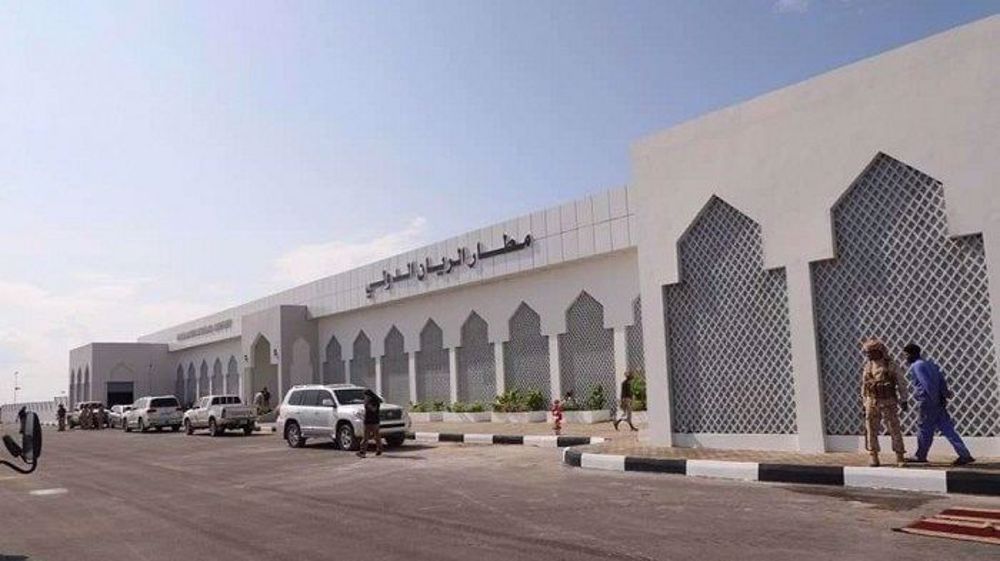
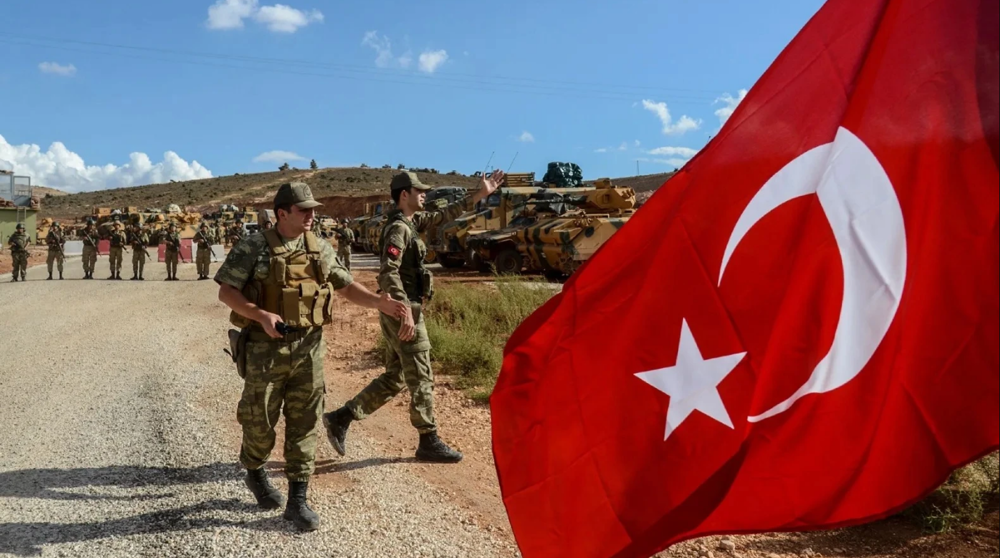
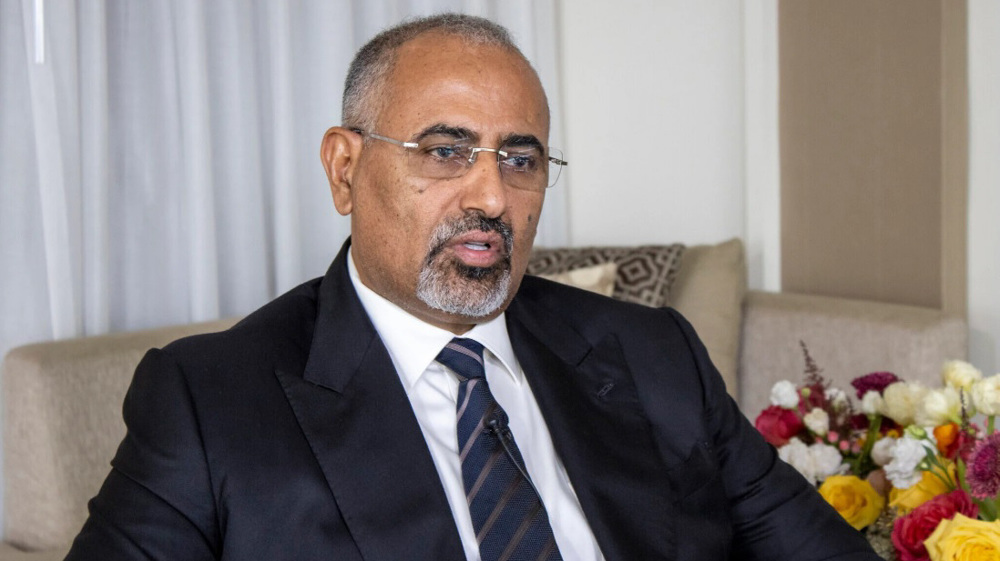



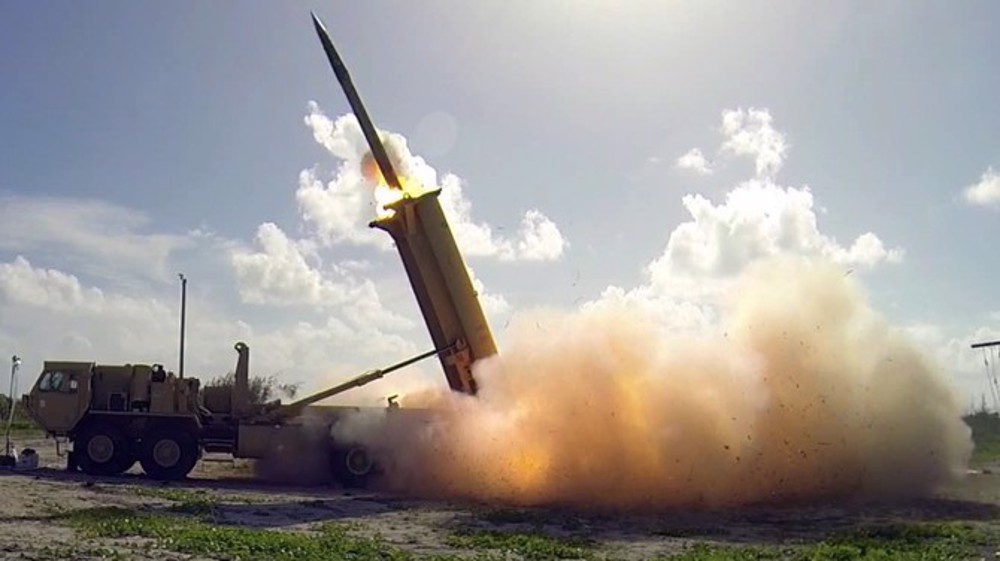
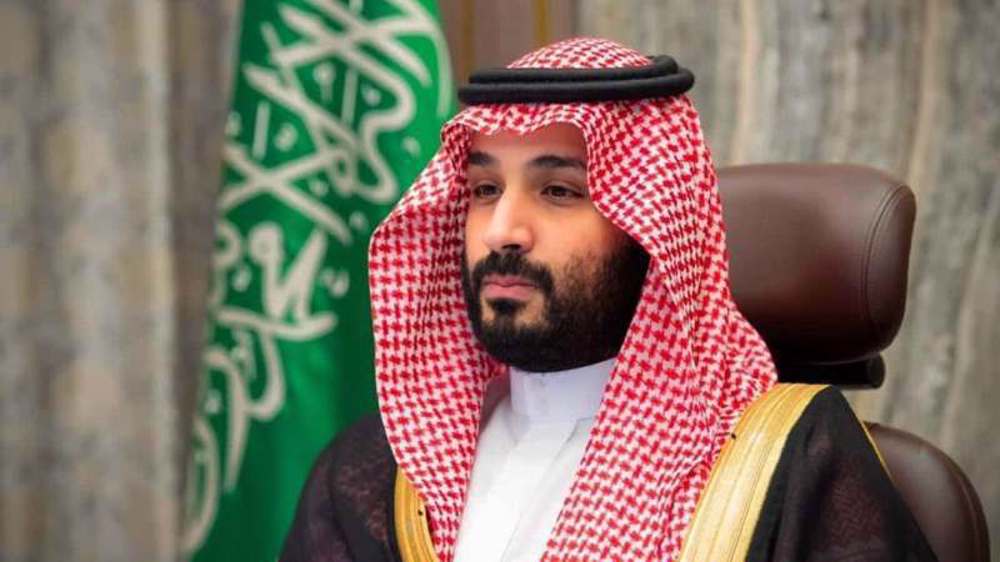
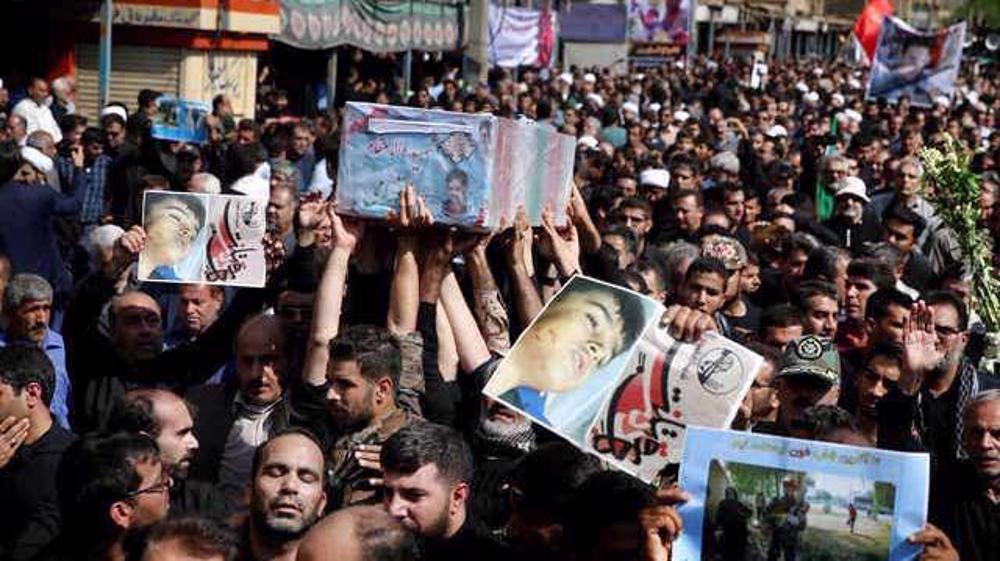
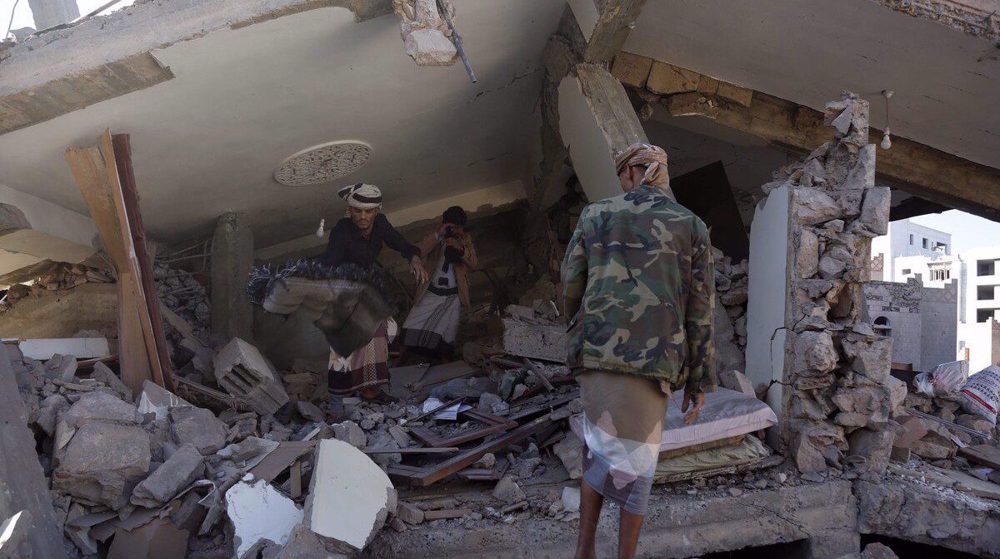
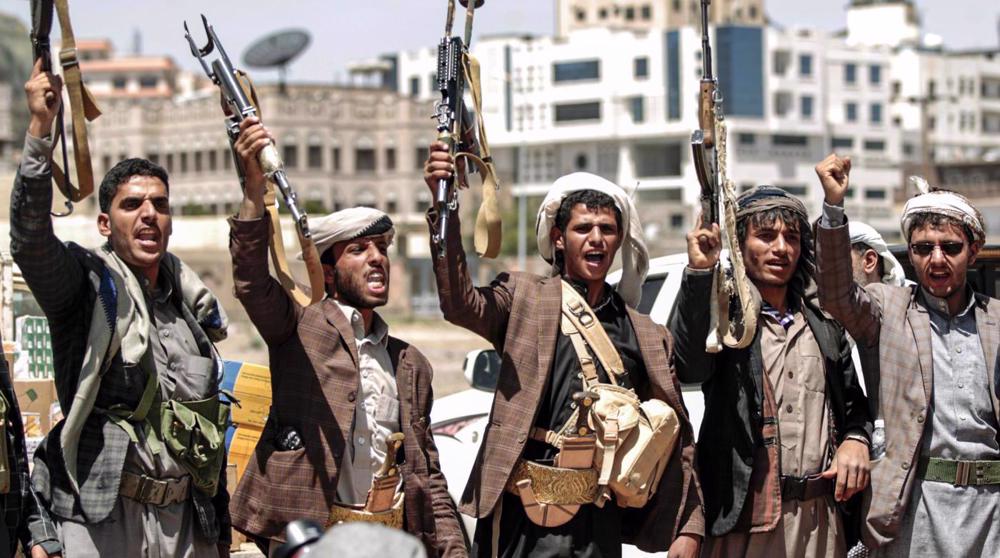
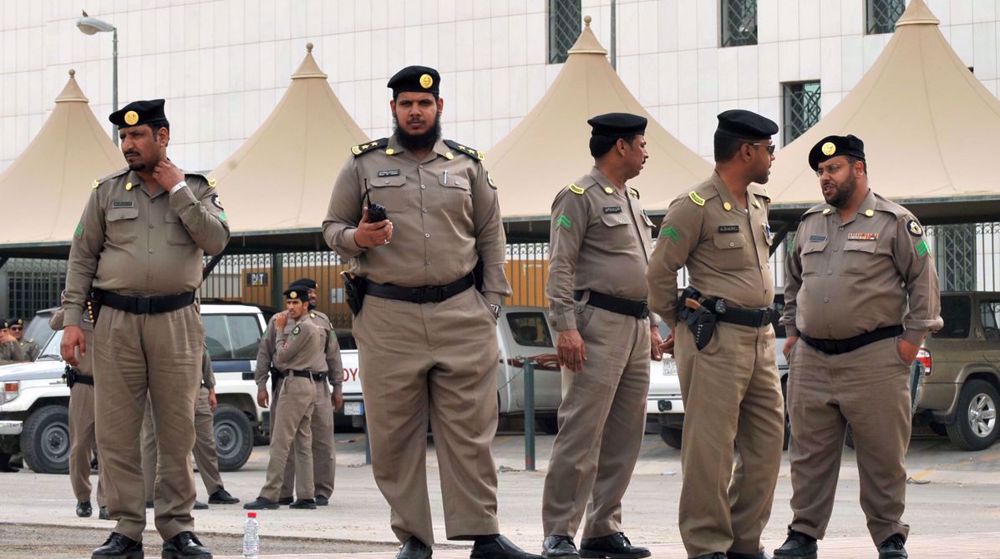
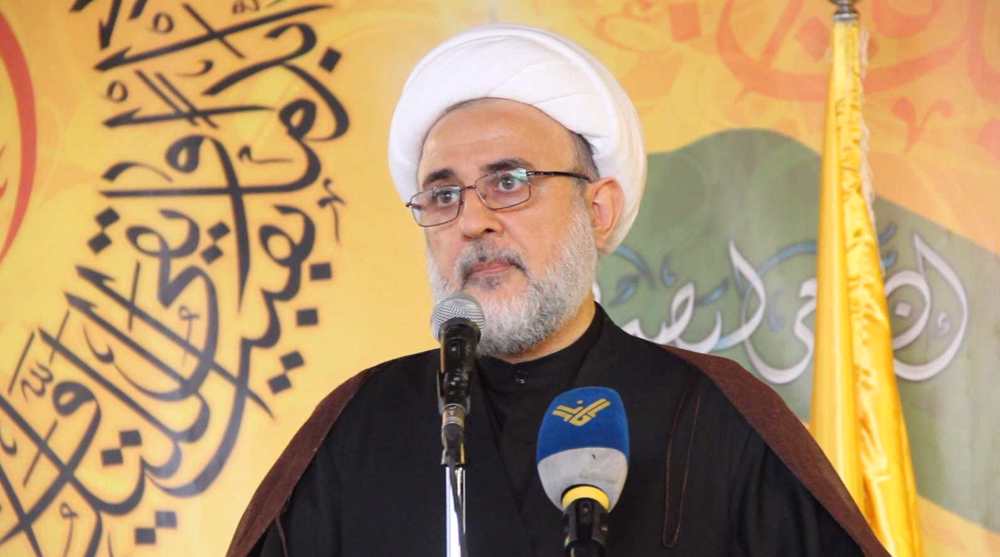
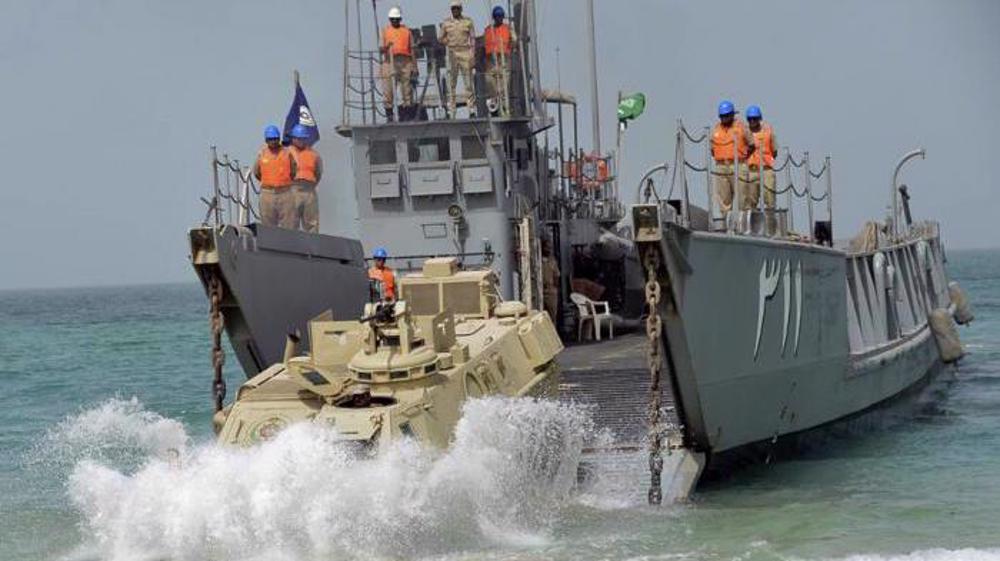

 This makes it easy to access the Press TV website
This makes it easy to access the Press TV website